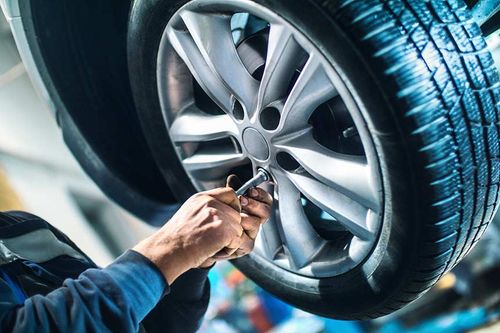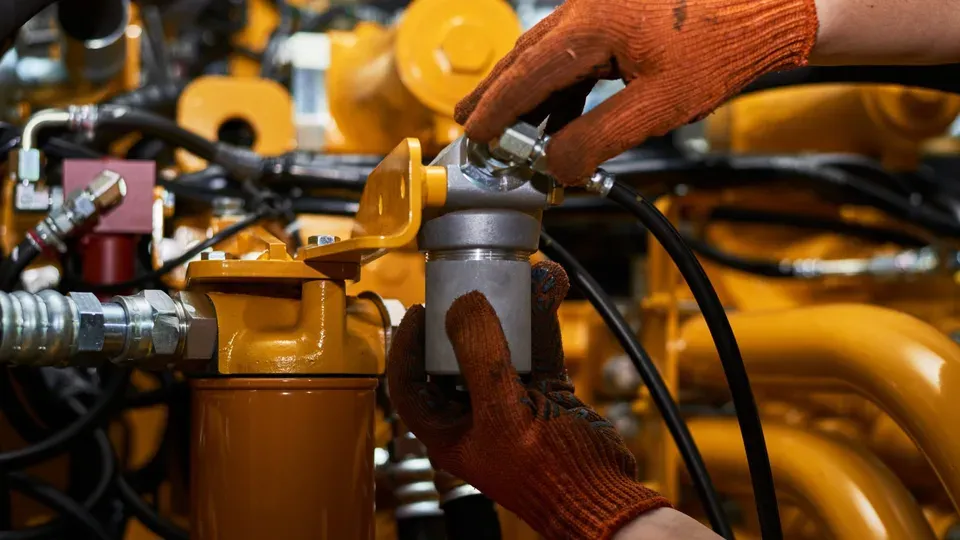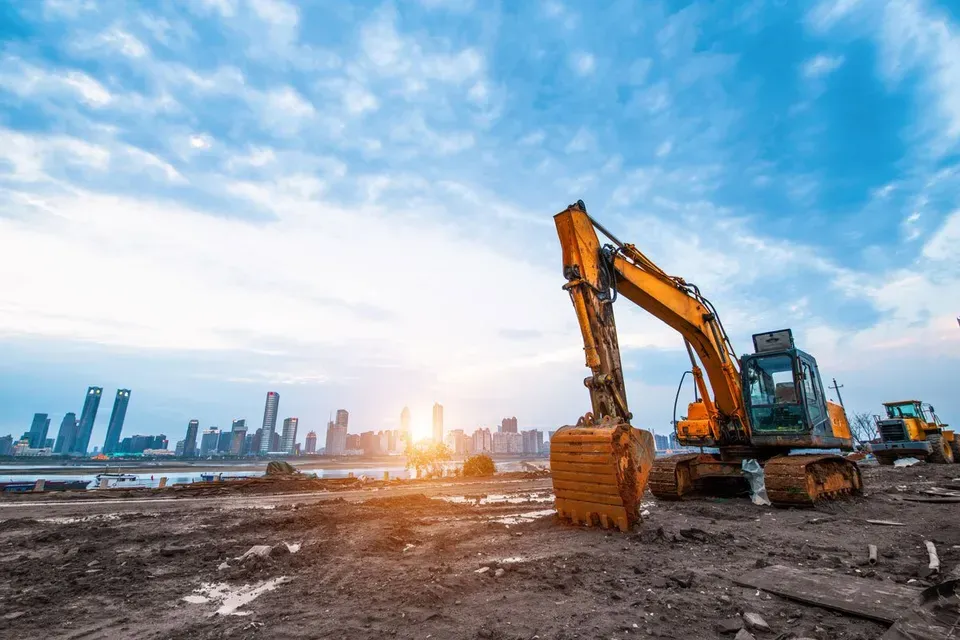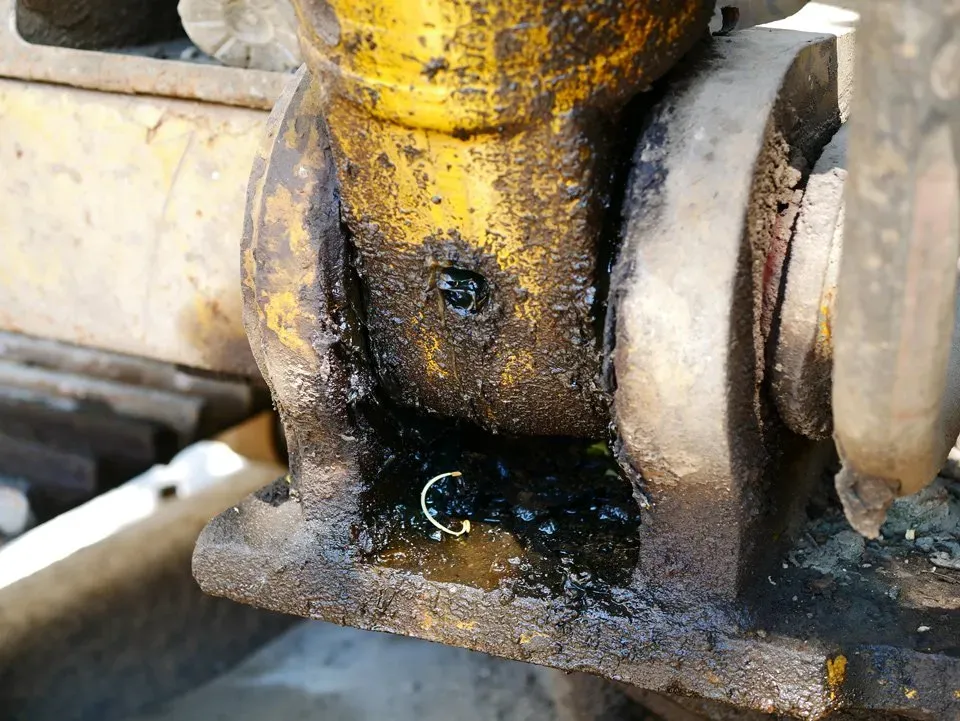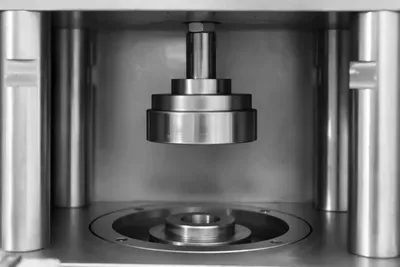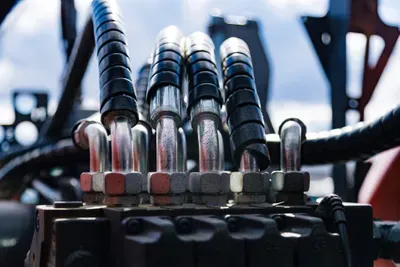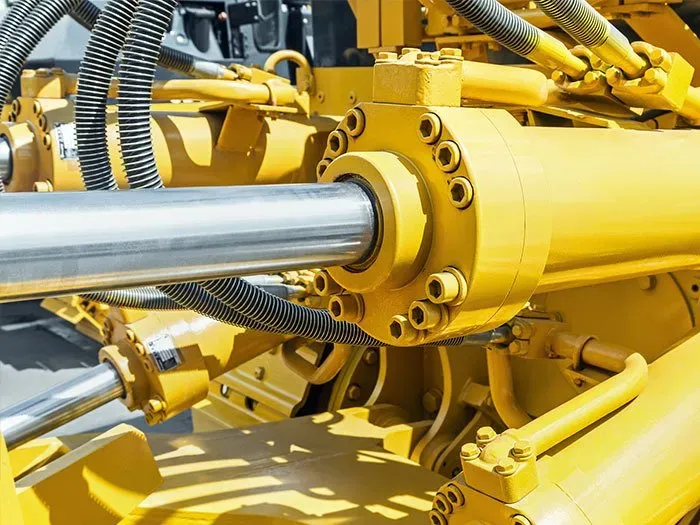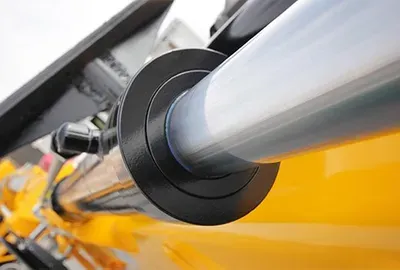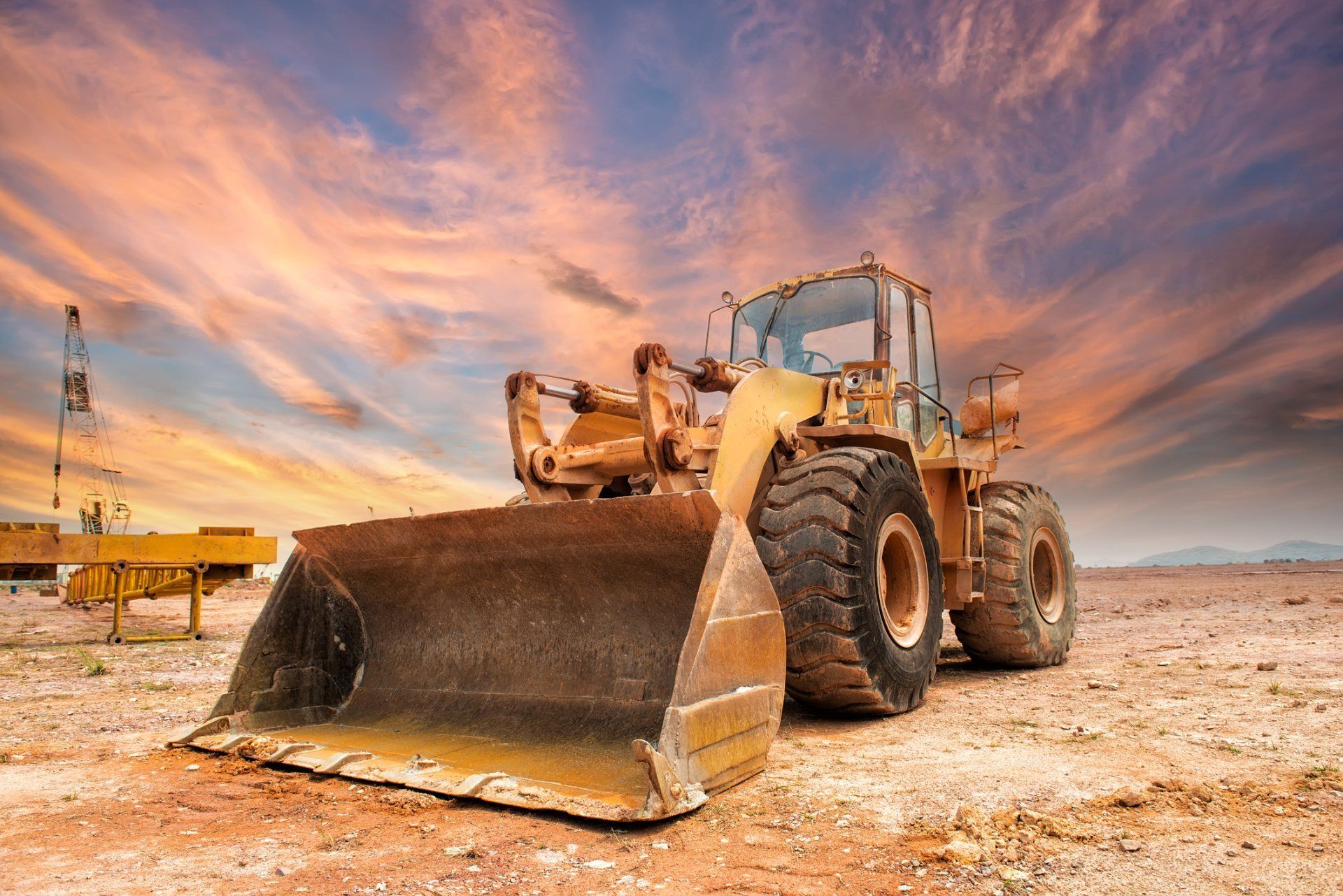HEAVY EQUIPMENT TIRES: 5 THINGS YOU SHOULD BE DOING TO INCREASE THEIR LIFESPAN
Tires often get neglected when it comes to maintaining construction equipment. However, tires are one of the hardest working components of heavy equipment. Safe tire practices and maintenance not only keep your workers safe, but also protect your assets. Check out the following tips on maintaining heavy equipment tires.
Create a Tire Maintenance Plan
Routine tire maintenance is often an overlooked component of equipment care. If you don't have a regular tire maintenance plan, it's a good idea to implement one, as doing so will go a long way in the long-term care of your construction equipment. You'll find that adhering to a daily tire maintenance routine protects not only your tires, but all of your machinery throughout its entire lifespan.
For a good tire maintenance plan to work effectively, owners, operators and fleet managers must work in concert. Fleet managers should instruct operators to report any problems, such as changes in inflation pressure. Owners and tire dealers should also work together to monitor the integrity of heavy equipment tires and make changes when necessary.
Select the Right Tires
The first priority in maintaining tires for heavy equipment is to select the right tires from the start. This is an area where you may be able to cut corners to reduce costs immediately, but poor tires cost you down the line when they don't last as long as quality equipment. It's vital to choose tires that have a matching ply rating to your equipment, keeping in mind how the equipment will be used.
The ply rating refers to the carrying capacity of the tires. It's not uncommon to select tires with a lower ply rating to cut costs. Not only could choosing lower ply ratings lead to equipment failure, but it also poses a safety hazard for your operators. Match the ply rating so that you can avoid putting your equipment and workers at risk.
Clean Your Tires
Whether you're using a backhoe, loader or forklift, you should maintain your tires to help keep your construction site rolling along. Cleaning your tires adds a few extra minutes to the workday, but it's a beneficial task to complete at the end of each shift.
If your site is like many construction zones, you have debris, rocks, mud and dirt scattered around. Heavy equipment tires may look indestructible, but they're actually vulnerable to a buildup of debris that can cause damage. If you give your tires a quick cleaning at the end of the shift you can keep them in great shape.
Perform Tire Inspections
Regularly inspecting your tires allows you to catch issues before they become large problems. When you clean your tires at the end of each shift, you can take the opportunity to perform an inspection as well. Doing so will reveal damage camouflaged underneath dirt and debris. Check for any abnormalities like irregular tread wear and punctures.
You'll also want to check the inflation pressure, since both under-inflation and over-inflation can lead to problems with expensive repairs such as blowouts. The sooner you catch potential issues, the lower your repair costs could be.
Implement Good Driving Practices
It's true that heavy equipment tires are tough, but you shouldn't hasten their life expectancy by driving them into destruction. Encourage operators to adopt good driving practices, like avoiding large potholes and making sure not to overload the equipment. How your operators drive the equipment is just as important to tire maintenance as routine inspections and cleaning.
If you properly maintain your tires, you'll increase safety, productivity and uptime, which equates to increased profits. If you haven't been giving tire maintenance much thought, it's not too late to start. If you run into equipment problems, contact Carolina Hose & Hydraulics.

